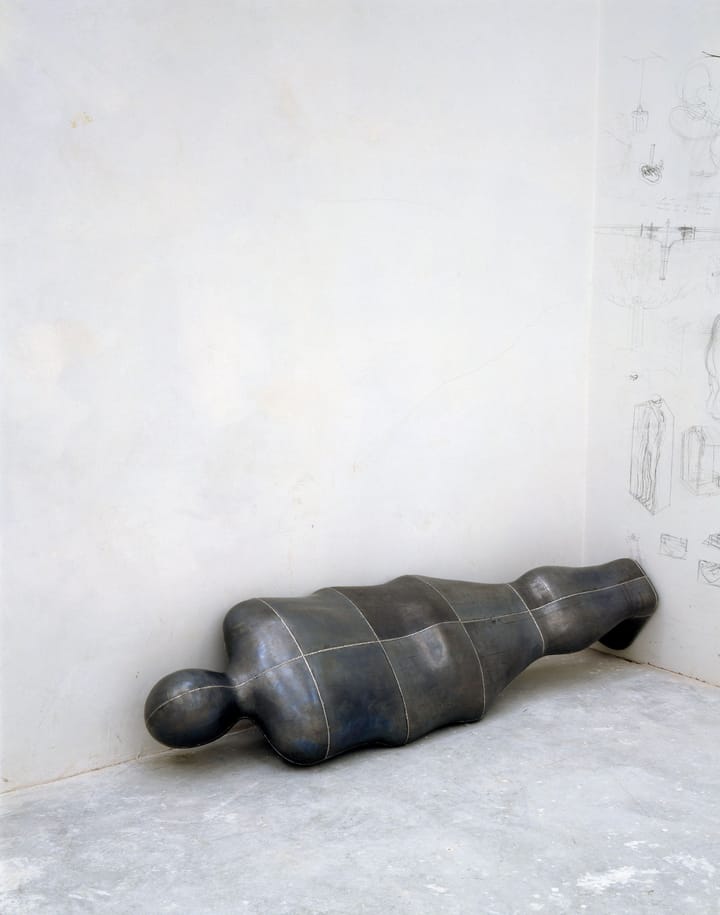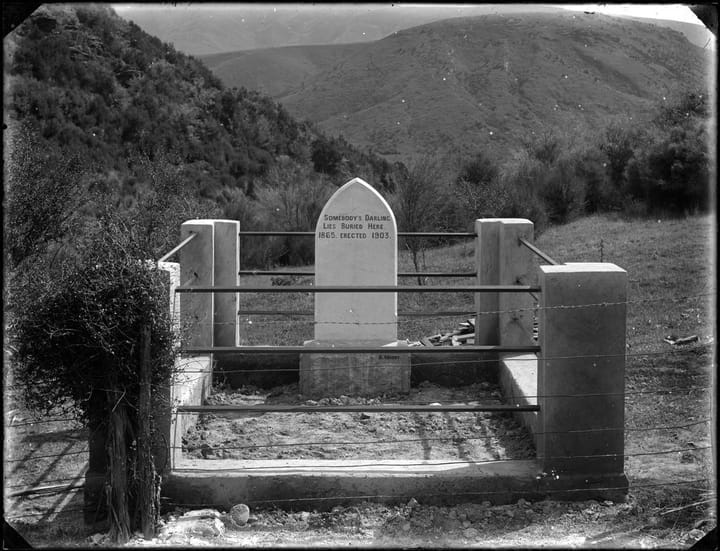theatre manifesto from the 90s

(1) Theatres don’t make money. Don’t expect them to.
(2) Theatres are patronised, not patronising.
(3) Theatres are compromised – in this town, in this country, in this economy, in this culture – not compromising.
(4) A company shares responsibility, not liability.
(5) A company subsidises its artform artistically, not financially.
(6) Theatre is an artform, not a profession.
(7) Professionalism is an active principle, not a passive article of faith.
(8) A company unites under the ethical banner of its shared professionalism, not under the professional banner of its shared belief.
(9) A company is a small body of people united by a unity of purpose. The purpose is a given, not the result.
(10) The purpose of a company is to work towards the highest possible values of artistic production. Artistic quality is an absolute standard, not an industrial standard.
(11) Theatre is not an industry.
(12) A production is not a process.
(13) A production is not a product, the mirror-image of a process.
(14) A production is not reflexive. It confesses neither to its material conditions, nor to its subjectivity.
(15) A production is inter-objective, a procession, a chorus, an ensemble-work, not the expression of a victim or a particular victimisation, not the testimony of a Hero or Agent or Witness, and not the trial of a critic.
(16) A production possesses neither a viewpoint, nor a subjectivist super-objective.
(17) A production is a testament to the degree of artistic excellence achieved by a company. The professionalism of a company is only ever authoritative.
(18) A company exists and persists, as theatre is ongoing and professional in ideal content, not ideal form.
(19) A company respires – breathes – and aspires – lives – to advance the artform, as its artistic quality is the given and absolute purpose determining the form of production, not the content.
(20) A production borrows its metaphors, these are its personae.
(21) The theatre’s content is differentiated into areas of expertise and professional roles, not divided along lines of formal or industrial demarcation.
(22) Theatre is an artform, not an industry.
(23) A company creates professional roles, is not created by them.
(24) The professional roles in a production are metaphors for what people actually do, not symbols for what people really are: they are personae.
(25) A company’s personae – as in ‘I was Polonius’ AND ‘I was FOH’ – exist in the public realm, in civil society as badges of membership, not badges of professionalism or ownership.
(26) Theatre is not a profession. Because it states its membership, theatre is political. Because it borrows its metaphors, theatre is critical.
(27) Theatre is political and critical in content, not form.
(28) The theatre’s form is determined by artistic quality, not aesthetics or ideology, not technology. Because it is artistic, theatre deals in personae. And because it is dramatic, theatre engages with the actual, the conflict and struggle of the world at large, through the metaphorical conflicts and struggles of its personae, technological, ideological and aesthetic.
(29) Lastly, the success of a theatre can only be measured by its existence, against the persistence of its content – the ongoing survival of a professional company -, not against another medium, or other media, not by bums on seats and not by uses or arses, qualitatively and never quantitatively: by duration.


